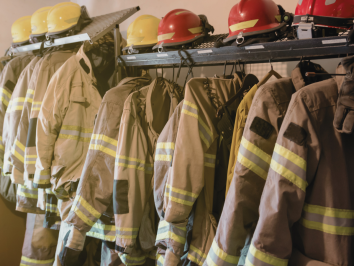Firefighters exposed to chemicals linked with breast cancer
Study led by Silent Spring identifies 12 toxic chemicals that put female firefighters at increased risk for the disease.
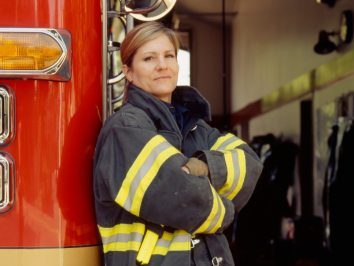
Here, you’ll find the latest news about our research and our impact. For detailed information about our past and present projects, please explore Our Science.
Study led by Silent Spring identifies 12 toxic chemicals that put female firefighters at increased risk for the disease.

First study to evaluate effectiveness of Proposition 65 shows benefits of law extend nationwide.

Silent Spring scientists made a dynamic impact at the 2024 International Society for Exposure Science (ISES) Annual Meeting in Montreal.
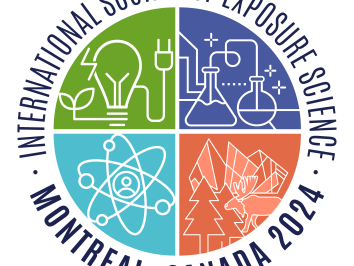
An internationally renowned cancer epidemiologist, Dr. Terry was chosen for her leadership and expertise in environmental risk factors for breast cancer, as well as her commitment to breast cancer prevention, community engagement, and health equity.
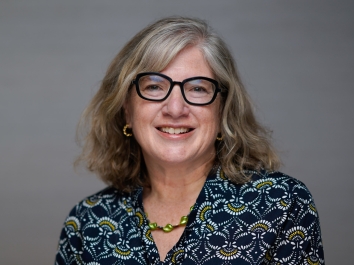
EPA announced drinking water standards for six PFAS chemicals, marking the first time in more than 20 years the federal agency has set an enforceable limit on a new unregulated drinking water contaminant.
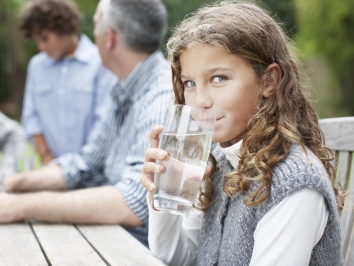
In a comment submitted to the U.S. Environmental Protection Agency (EPA), scientists at Silent Spring Institute say the agency’s pesticide safety reviews overlook pesticides that could increase breast cancer risk.
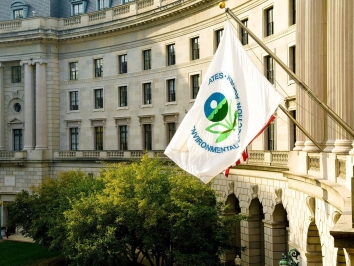
The honor recognizes Dr. Schaider as “a trailblazer" in water quality research, specifically focused on unregulated drinking water contaminants and safeguarding historically marginalized communities from environmental chemical exposures.
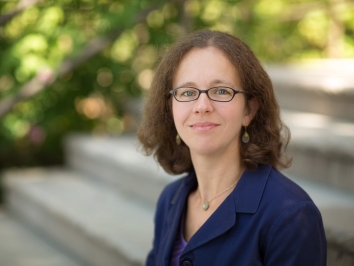
Silent Spring scientists advance understanding of how endocrine disrupting chemicals influence breast cancer risk.
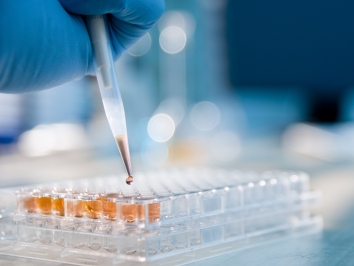
New study finds Black women and people with less formal education are more likely to use scented and scent-altering menstrual and intimate care products, which could lead to higher exposures to harmful chemicals.
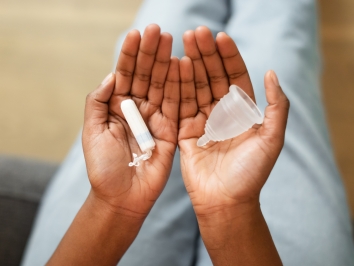
A look at how community-based participatory research (CBPR) can be an effective tool for protecting women workers from hazardous chemical exposures on the job and creating healthier work environments.
